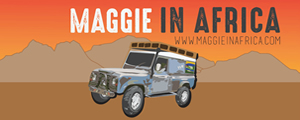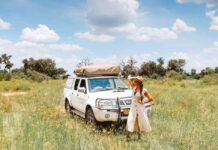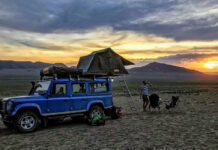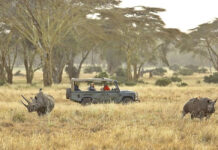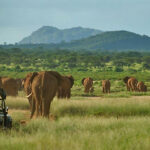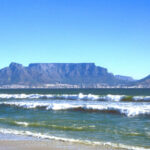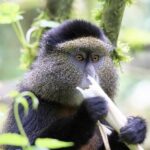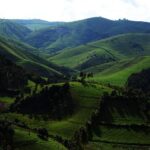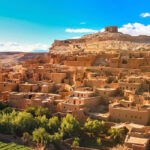The Okavango Delta is produced by seasonal flooding. The Okavango River drains the summer (January-February) rainfall from the Angola highlands and the surge flows 1,200 kilometers in approximately one month. The waters then spread over the 250 km by 150 km area of the delta over the next four months (March-June). The high temperature of the delta causes rapid transpiration and evaporation, resulting in a cycle of rising and falling water levels.
The flood peaks between June and August, during Botswana’s dry winter months, when the delta swells to three times its permanent size, attracting animals from miles around and creating one of Africa’s greatest concentrations of wildlife.
The reality is that being on the delta, slowly taking in this giant ever-changing wilderness is an experience that I wish everyone could get to see.
It’s a magical place and dangerous as well due to the hippo’s that reside along the banks as well as the crocodiles amongst other wetland creatures as well as a number of deadly mamba’s. John has traversed this part of the delta for sometime and yet he even admits that he can get into tricky situations if he doesn’t read the channels and sometimes the movement of islands that sometimes occurs. It is times like this that I truly understood why I travel and the rewards of unknown places that blow your mind.
Fishing the hard way
One thing I have never tried before but always wanted to try was the sport (yes, it is a sport, just like darts) was learning how to fish. John is an experienced fisherman probably fishing in some of the wildest and richest (for fish) areas of Southern Africa in Malawi & Zambia amongst other places.
His fishing kit is a complex maze of hooks, lines and all sorts of tackle that looks very impressive but meant nothing to me until John explained the qualities of all these lures. John explained that fishing on the delta is one of the hardest places to fish due to the reed system that allows thousands upon thousands of under reed networks that may house fish plus a plethora of other marine life.
Fish in the delta range from Tigerfish, Bream (a few variations), Babel (Catfish) to a number of smaller species and John was kind enough to take us out on his boat on a few occasions while we were there for a week and casting out into the pockets of water that lie along the reed bank and the idea was to cast the lure into an area no more than 30-40cm wide and let the lure sink for a few seconds and then slowly reel in the line and hope for a Bream to catch the lure and dinner is then ready, all easy in theory but the difficulty is the lure has large hooks on the end and the reeds near these pockets easily catch the lure and once you get snagged the boat then has to be positioned over the pocket that you were casting into and as John puts it, you ‘close the hole’, throughout the week I tried my damned hardest to catch a fish but had no luck, John did managed to catch the one Bream which we filleted an hour later and had it for breakfast which was amazing, and after a few days of fishing or should I say my very first day.
Amazing People
I was hooked and fell in love with being on the delta as well as fishing! Thanks John for the lessons and for getting me addicted! Heather, thanks for making me feel welcome in Shakawe and as you know I’ve already been back but will no doubt be back many other times after this and appreciate your hospitality.
